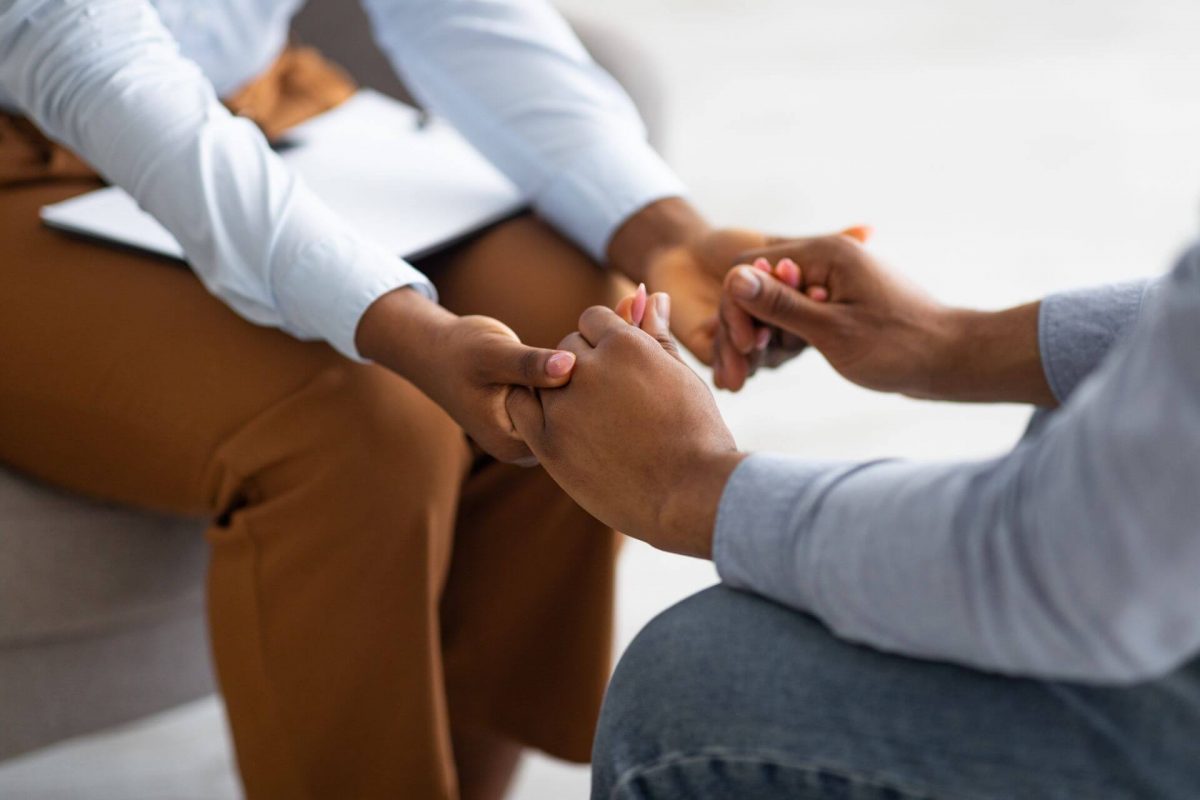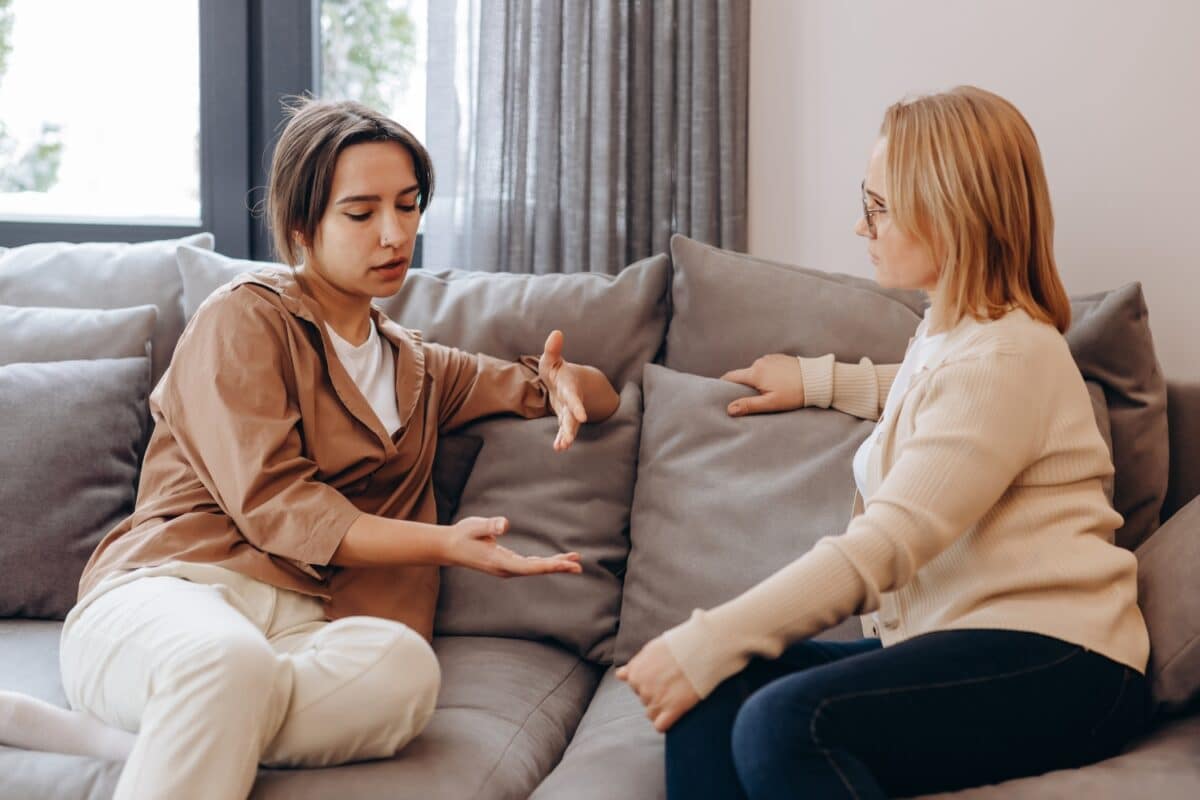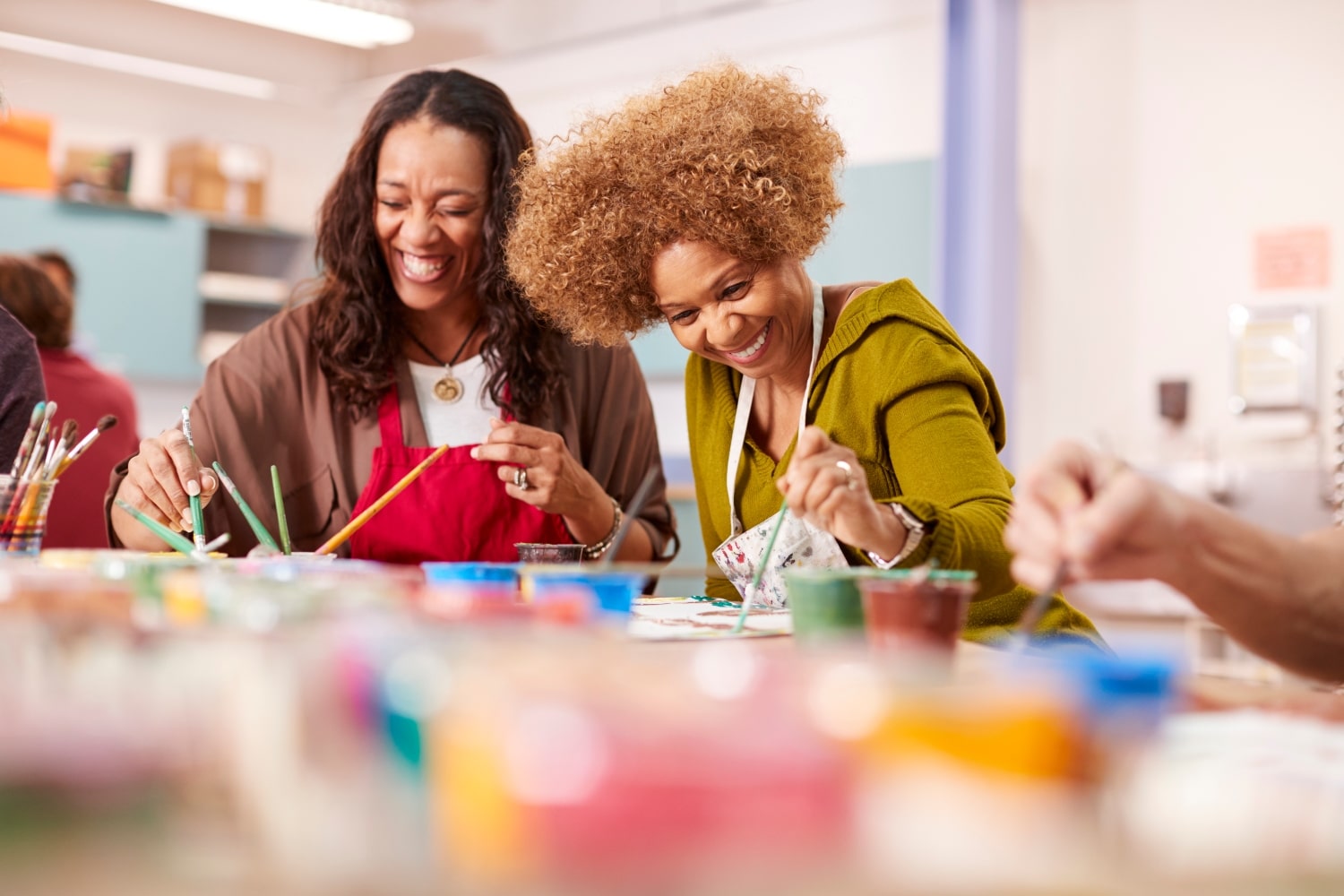Getting sober is an incredible achievement. It takes strength, determination and a fierce commitment to personal growth. But the journey doesn’t end there. As you embark on the road to recovery, another important challenge awaits: rebuilding the relationships that were strained or broken as you struggled with addiction.
During active addiction, it’s very common for interpersonal relationships to suffer as a result of destructive patterns of behaviour. The patience and understanding of family members, friends and colleagues can be seriously tested when they see someone dear to them lying, keeping secrets, being defensive, stealing, cheating or engaging in potentially risky activities while under the influence. Naturally, this can lead to broken trust and communication.
However, the key to a successful recovery from addiction is having a strong support network. That’s why it’s crucial to prioritise rebuilding relationships with those closest to you if you want to give your recovery the greatest chance of success.
Here, we share eight top tips to help you build your new support network as you enter recovery.
1. Make the first move
There are many reasons why you might have pushed your loved ones away. In the same way, they might have created distance from you to protect themselves from further disappointment or hurt.
But regardless of what happened in the past, once in recovery, the onus is on you to make the first move to start rebuilding bridges.
Reach out to old friends and family members and let them know that you’re in the process of recovery and would like to repair your relationships with them.
This might be a hard pill to swallow, but it’s an important first step.
2. Be accountable and make amends

Once you have reached out, the next step is acknowledging the damage you’ve caused to others. Those closest to you may have suffered emotional, financial or physical harm due to your addictive behaviours, resulting in stress, worry and resentment towards you.
In order to show genuine remorse, you should address the specific situations where you were responsible for causing them pain.
Of course, it’s best to have these conversations face-to-face and in a safe, neutral space. However, if you find it too difficult, or the person in question is unwilling to meet with you, you can also communicate your apology through a letter or e-mail. In fact, you may be able to express your thoughts more clearly this way.
Showing that you are willing to be accountable for your past mistakes will encourage open communication with your loved ones and allow you to begin repairing your relationships.
3. Be patient
Mutual trust will have been gradually eroded during addiction through a series of letdowns and betrayals – and it cannot be restored overnight. It will take time for it to return, so patience is key.
You should repeatedly demonstrate that you’re serious about repairing your relationship. You can do this by validating any negative emotions they express towards you, like anger or resentment, and routinely expressing love and gratitude towards them.
That said, it’s important to recognise that processing old pain and learning to trust you again will probably cause them to experience uncomfortable emotions. So, if they need time or space for their own mental wellbeing during the relationship-rebuilding process, you should respect this and wait for them to be ready.
Likewise, if you experience setbacks in the process of repairing your relationships, it’s important not to become frustrated. Instead, accept the long road ahead, and celebrate each small step forward.
4. Accept that some relationships cannot be fixed
Similarly, it’s essential to recognise that some of your relationships may have been damaged beyond repair, especially if you have caused the person significant emotional, physical or financial harm in the past.
If they’re unwilling to reconnect with you, respect their decision and don’t try to force or guilt trip them into anything. This could even lead to greater resentment.
Instead, accept the consequences of your actions and use any guilt or pain you feel as motivation to continue on your recovery journey.
5. Practise open communication

For those who are willing to reconnect, open and honest communication is vital for rebuilding trust.
Healthy and effective communication is a two-way street that involves actively listening to the other person and clearly conveying your own thoughts and feelings.
Be prepared to listen to their worries and concerns and answer their questions fully and transparently.
Naturally, conversations about addiction can be stressful and emotionally charged, which may lead to conflict and misunderstanding. This is why it’s important to stay composed, use breathing techniques if helpful, and take a break if conflicts arise or you feel overwhelmed.
6. Establish new boundaries
It’s crucial to set boundaries early in the process of rebuilding your relationships to avoid falling back into unhealthy relationship patterns.
For example, during active addiction, you may have formed a co-dependent relationship with someone who enabled your addiction and protected you from the consequences of your actions.
Likewise, with certain individuals, it might have been normal for you to meet in a place filled with addiction triggers (i.e. a bar or casino). The individual themselves, and how they behave, could be a trigger, too.
It’s easy to fall back into unhealthy relationship habits. So, to move forward, you and your loved ones may have to establish new boundaries to ensure that the mutually unhealthy dynamics don’t return.
7. Show a commitment to recovery
One of the best ways to restore trust is to show your loved ones that you are committed to your recovery.
Keep them in the loop about your progress. For example, maybe you could tell them when you have a positive experience in therapy or when you cope well in a triggering situation.
You should also prioritise self-care because by taking care of yourself physically, emotionally and mentally, you send a message that you value your own health and are committed to leading a healthier lifestyle.
8. Seek therapy

If rebuilding relationships is a struggle and is putting your recovery in jeopardy, consider seeking professional help.
There are various therapeutic approaches that can help with addiction by providing patients with a better understanding of their behaviour and equipping them with the tools required for a lasting recovery built around healthy relationships.
One approach that is highly effective in the lasting treatment of addiction is family therapy. Therapists can provide a safe space for open and honest communication and facilitate meaningful conversations to work through past issues in a positive way.
Therapists can also educate all parties about addiction, which helps dispel misconceptions, reduce blame or judgement, and foster empathy and understanding. By understanding addiction as a disease, your loved ones can better support your recovery.
Support for the road ahead at White River Manor
At White River Manor, our team of dedicated and highly trained professionals is committed to providing personalised care and supporting you and your loved ones through the recovery process.
Our Dependency Program is guided by therapists with years of experience in dealing with addiction. Our guests leave equipped not only with a better knowledge of their behaviours and triggers but also with tools to help them to navigate challenges on their road to recovery.
We can also help address co-occurring mental health issues such as anxiety, depression and trauma to create a more stable foundation going forward.
Contact us today to learn more about our treatment approach and how we can assist you in building a healthy support network during a lasting recovery.







